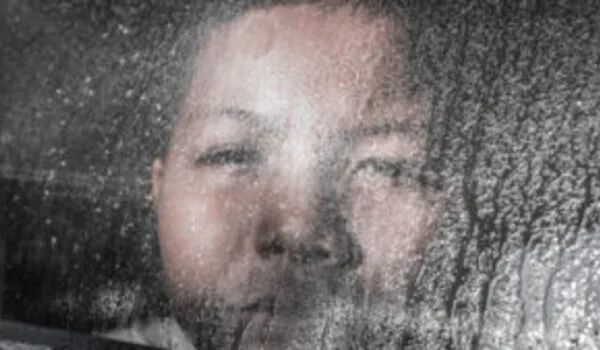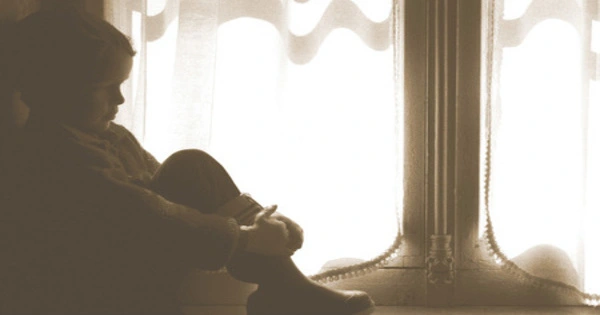Child abuse can have devastating and far-reaching consequences on a child’s physical, emotional, and psychological well-being. The effects of child abuse can be long-lasting and can impact a person’s life well into adulthood.
Adverse childhood experiences in mothers can have an impact on their children’s mental and physical health, according to new research from Charité – Universitätsmedizin Berlin published in The Lancet Public Health. The study discovered that maltreatment during a mother’s childhood is linked to an increased risk of asthma, autism, and depression in the next generation. Early intervention to assist affected mothers may help to mitigate this effect.
Childhood maltreatment is a particularly serious risk factor for health problems in the exposed individual, as it has a slew of long-term consequences. Among the impacts are physical, mental, behavioral, and social ramifications that can continue through pregnancy and parenthood. As a result, negative experiences during the parents’ childhood can have an impact on the development and health of their own children.
To the best of our knowledge, this is the first study to look at multiple health issues in relation to early trauma in a large, socio demographically and ethnically diverse sample of mothers. Previously, this was done primarily for individual diseases.
Dr. Nora Moog
Higher risk of asthma, ADHD, autism, and depression
In the newly published study, a team of researchers headed by Dr. Claudia Buss, a professor at the Institute of Medical Psychology at Charité, shows that health problems are more common in children of mothers who experienced maltreatment themselves as children.
Maltreatment is defined by researchers as physical, emotional, or sexual abuse or neglect by a parent or guardian that results in physical or emotional harm or the threat of harm to a child. They examined data from 21 long-term cohorts on over 4,300 American mothers and their children. Mothers reported on their childhood experiences and provided information on biological children’s health diagnoses up to the age of 18, or this information was collected during study visits. Researchers were able to identify meaningful connections thanks to this valuable trove of data spanning two generations of the same family.
Children of mothers who reported negative experiences were found to have a higher risk of asthma, attention-deficit/hyperactivity disorder (ADHD), and autism. These children are also more likely to exhibit symptoms and behaviors associated with depression and anxiety disorders, which are referred to as “internalizing” disorders. The daughters of mothers in this group are also more likely to be obese than their sons. “All of these links are independent of whether the mother has the same diagnosis,” Buss, the study’s lead author, explains. “This suggests that the risk of that particular health problem is not genetically transmitted.”

First study to cover multiple health outcomes
The exact mechanisms by which the risk is passed on to the next generation have not yet been fully decoded by researchers. There is evidence that adverse childhood experiences, such as stress hormones, may influence maternal biology during pregnancy. This can have an effect on fetal development, making the offspring more vulnerable to health problems. There is evidence that such biological changes are more pronounced in mothers who have developed mental health issues, such as depression, as a result of their traumatic experiences. If the mother’s mental health is impacted by her childhood experiences, this may have an impact on how she interacts with her child once he or she is born, which is likely to be an equally important factor in these multigenerational effects.
“To the best of our knowledge, this is the first study to look at multiple health issues in relation to early trauma in a large, socio demographically and ethnically diverse sample of mothers. Previously, this was done primarily for individual diseases” explains Dr. Nora Moog, also of Charité’s Institute of Medical Psychology and the publication’s first author. In line with this approach, the researchers discovered that children of mothers who experienced early trauma have a higher risk of developing multiple physical and mental health problems. The risk is also increased by the severity of the mother’s childhood experiences.
“At the same time, I should stress that our findings do not mean that all children of mothers with adverse childhood experiences automatically end up with health problems,” Buss says, providing context for the group’s findings. “The risk is elevated, but it doesn’t necessarily lead to a specific health problem.”
Early identification and support for those affected
“I believe that providing appropriate support to mothers who are suffering from the consequences of childhood maltreatment can improve their health and well-being, as well as the health and well-being of their children. That is why it is critical to identify these mothers and children as early as possible “Buss brings this up. One way to accomplish this is for doctors to address parents’ childhood experiences during prenatal or pediatric checkups and provide information on how to contact various support programs or counseling services. This type of early intervention could benefit two generations: the parent, who may have suffered from maltreatment and is now suffering from health consequences, and the child, who may be spared from developing health problems.
The development of new, targeted therapeutic measures will be dependent on a better understanding of the precise mechanisms by which the increased risk of health problems is passed down to the next generation. The research team is working on it right now. The researchers also intend to conduct follow-up studies to determine which children remain resilient, meaning they do not suffer consequences that last more than one generation:
What distinguishes them, their mothers, and their social environment? Aside from that, the father’s childhood experiences have received relatively little attention thus far, but there are indications that these experiences can also be passed down to the next generation, albeit through different mechanisms than those involved in mother-child transmission in some cases. The researchers plan to explore these research questions in further detail in future projects as well.
















